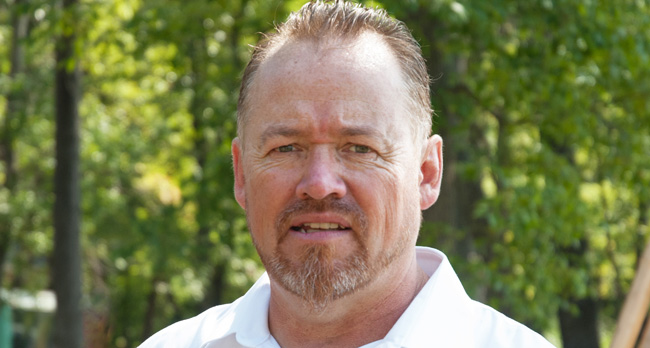Anishinabek social leaders optimistic children will be treated equally

By Kelly Anne Smith
NIPISSING FIRST NATION – The chief of Nipissing First Nation hears positive talk coming from the Liberal federal government. Now Chief Scott McLeod says he needs to see the political will for real change for First Nation children and families.
On January 26th, The First Nations and Family Caring Society headed by Cindy Blackstock, along with the Assembly of First Nations, won against the federal government in a discrimination complaint with the Canadian Human Rights Commission.
Blackstock says the Canadian government discriminated against Indigenous Children by withholding funding of between 22 and 34%, depending on their region, compared to children who were taken into government care off reserve.
Chief McLeod says it’s just the tip of the iceberg. “They have uncovered a lot of the bureaucracy that hid it. First Nations have been at the mercy of the government for a long time now. “
The Nipissing First Nation Chief is hopeful things will improve for children while he cautiously waits to see how Prime Minister Trudeau responds to the ruling. “There have been indications in the past few months that he was going to treat this much similar to other files that he has promised work on, to elevate First Nations.Chief McLeod points to fixing the funding formula for providing child welfare on reserve. “On First Nations it has been severely underfunded up until now. We need positive effects right at the grassroots level for children to be helped.”
Historically, children in need of care were steered to in-care options – foster care, group homes and institutional care with those agency costs fully reimbursed.
Dilico Anishinabek Family Care in Thunder Bay has been working hard to change the model to become cultural appropriate.
The Executive Director of Dilico Anishinabek Family Care (Dilico), Darcia Borg, applauds the HRT ruling.
Dilico follows a customary care model, meaning that children are placed with family or extended family and are not lost to crown wardship or adoption.
Borg says Dilico is relentlessly working at undoing the wrongs of the past. “Government legislation and standards have resulted in children being removed from our communities.
As a people, we will no longer stand for the inequity that exists and abide by legislative standards that oppress. We must stop the pain and suffering our children, families and communities have endured for far too long. Today we have hope. “
Adrienne Pelletier has also been a social warrior in the fight for the rights of First Nation’s children.
As the Director of Social Services for the Union of Ontario Indians, Pelletier has been working closely with the Ontario government to write, ratify and implement a Child Well-Being law for Anishinabek Nation. She has pride in her voice when stating the culturally appropriate law will be in place in April of 2017.
Pelletier says a child is traumatized by being disconnected from everything and everybody he or she knows.
“We know our community. We know how to coordinate programs across the territory because we know our people the best. We know what services we have and we know where the gaps are. Proper programs have to be put in place to ensure better outcomes in child welfare. We’re going to look for an increase in customary care and a decrease in children in care.”
Pelletier says The Anishinabek Nation wants to negotiate a new funding framework. “It is a little more complex in Ontario with the outdated 65 Indian Welfare Agreement. The province is paying for additional supports which the federal government should be reimbursing them for. This is part of the gaps of services on reserves.
We need to fill those gaps to support our children and families. We need to stop the epidemic of children being taken into care away from their families because that system is not working.”


